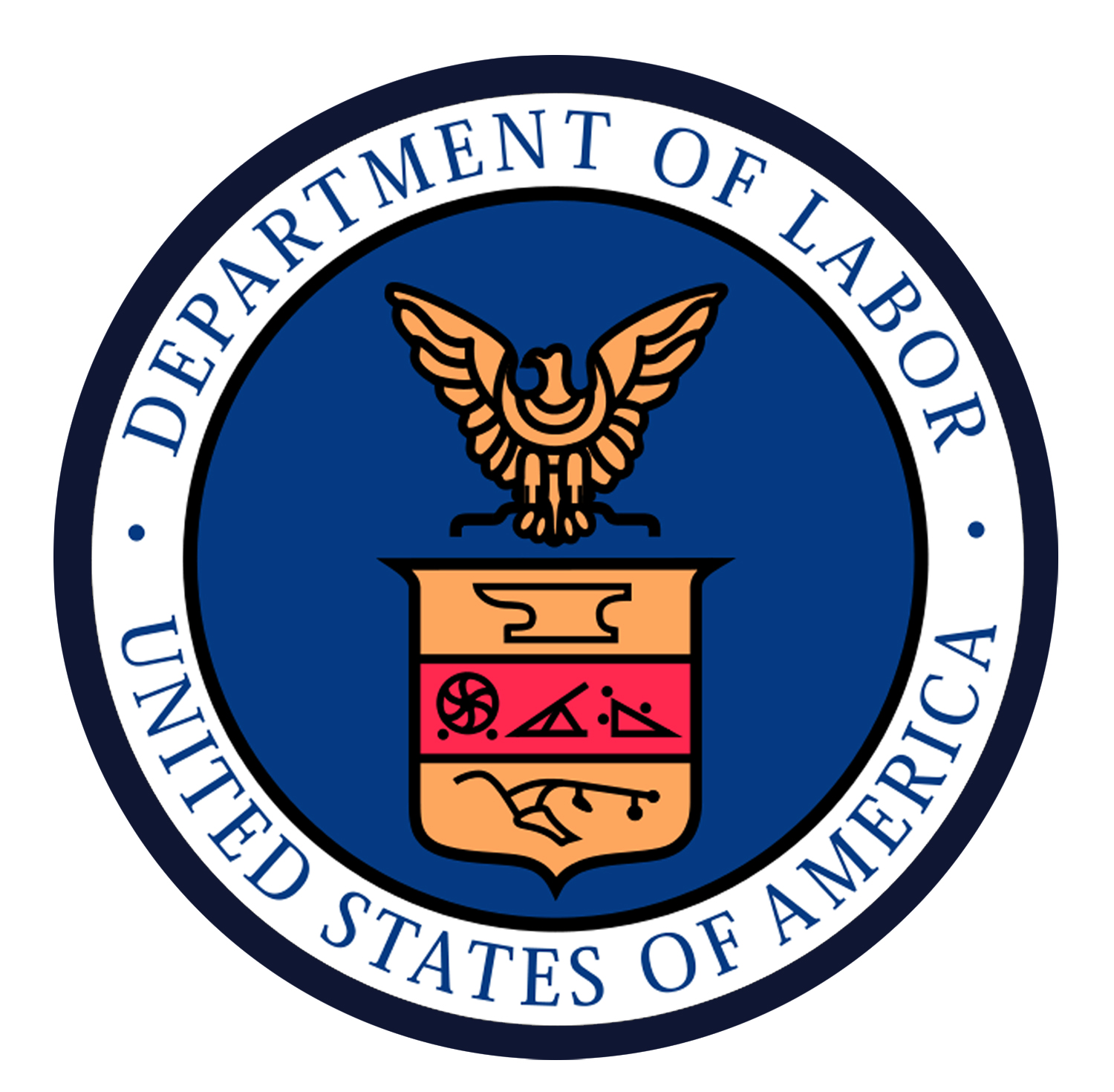By Rick Manning
The U.S. Department of Labor is charged with overseeing activities of our nation’s labor unions by the Labor-Management Reporting and Disclosure Act of 1959, an act that resulted from a report by a Senate Committee chaired by Massachusetts Senator John F. Kennedy.
Protecting union members from the theft and misuse of labor union funds was at the heart of the LMRDA, and transparency was identified as critical to providing this protection. In fact, the Kennedy report stated, “A union treasury should not be managed as the private property of union officers, however well intentioned, but as a fund governed by fiduciary standards appropriate to this type of organization. The members who are the real owners of the money and property of the organization are entitled to a full accounting of all transactions involving their property.”
The report became the Senate version of the bill, and the Landrum-Griffin Act eventually passed the Senate by a 95-2 vote and the House by 352-52.
Under Landrum-Griffin union dues are only to be spent to benefit union members and transparency in reporting is the only way union members can be certain that this fundamental principle is upheld.
Yet, here we are more than 60 years after the passage of this landmark legislation still battling over unions providing basic transparency for their members. The latest iteration of this regulatory fight is over a proposed Labor Department rule requiring transparency for state public employee unions whose parent unions have a combination of public and private members. The rule was court tested in the George W. Bush administration, and rescinded by the Obama administration. Now, it is back for consideration by the Trump Labor Department.
This proposed rule, known as the Intermediary Bodies rule, is particularly important due to the fact that the Labor Department’s Office of Labor-Management Standards has uncovered a significant amount of corruption in intermediate bodies in the audits it has conducted. Over the last several years, more than 5 percent of all criminal cases they have brought have involved intermediate bodies. In addition, over 13 percent of audits of intermediate bodies have resulted in criminal investigations. That is why swift and decisive action must be taken to open up these union books to their own members to ensure accountability.
We know from past experience that requiring labor organizations to file annual reports makes a positive difference. For example, by examining these reports, Los Angeles Times writer Paul Pringle discovered that the president of a Service Employees International Union affiliate was lavishly spending the union’s funds on himself, his wife, and his mother-in-law. That investigation led to the union president’s removal from office; he was subsequently tried and convicted in federal court.
The Department of Labor requested comments as to whether or not the filing threshold for intermediate bodies ($250,000 in annual revenues) should be raised. ALG does not believe that the threshold should be raised. A quarter of a million dollars is a significant amount of money, and it is not too much to ask of intermediate bodies that they file an annual report on their activities.
This proposed rule is not a large change, but it is important. The rule reaffirms the rights of union members and the public to know how public employee unions are spending their funds and is in keeping with Congressional intent. Frankly, it is absurd that public employee unions are not currently required to provide a fuller accounting of how they are spending their money.
When it comes to transparency, it is clear that the law requires it, and today’s labor unions fear it, as it makes them more accountable to their members making their political control just a little less firm, but most importantly, union members deserve to know how their dues money is spent.
Rick Manning is the President of Americans for Limited Government.







